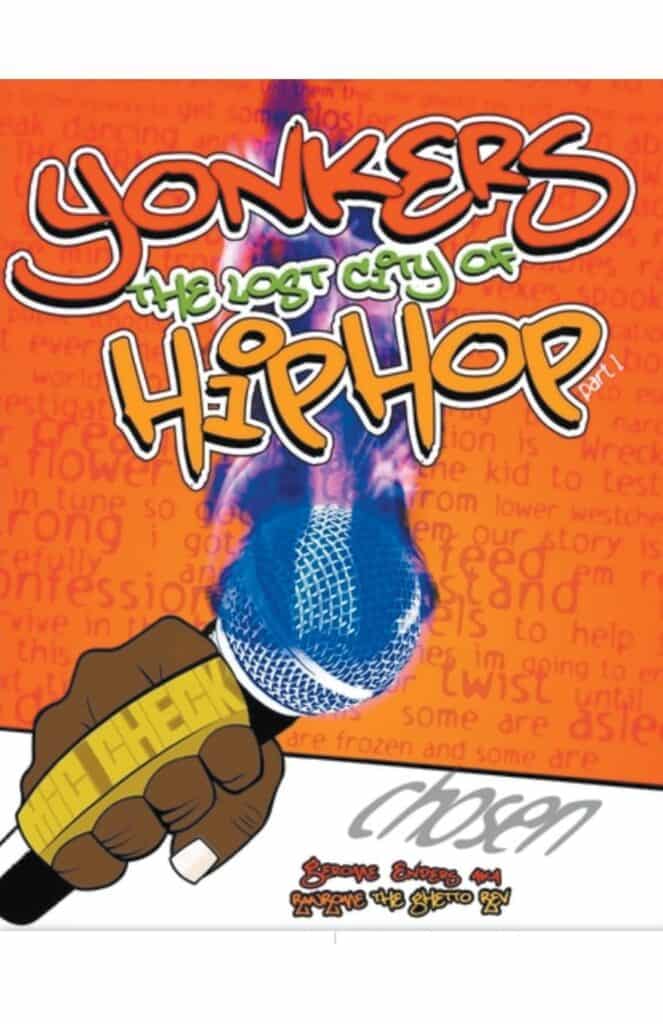
By Dan Murphy
Before there was Mary J. Blige, DMX and Jadakiss, Yonkers had a long history of the early days of hip-hop music, dating back to the last 1970’s and early 1980’s.
This year, the Yonkers Public Library has been celebrating this Yonkers Hip-Hop connection with a series of events and programs. And on October 26, The Yonkers Public Library is proud to announce its partnership with renowned artist Maxx Moses in launching a one-of-a-kind library card that celebrates the vibrant culture of Hip-Hop art. This exciting initiative aims to engage and inspire the community by promoting both art and literacy.
The event will take place at the Riverfront library on Oct. 26 at 530pm. Attendees will have the opportunity to meet Maxx Moses, along with esteemed guest panelists Waah Deen, CEO of Ruff Ryders, and Hip-Hop artist Large Amount.
Under the umbrella of the critically acclaimed book “Yonkers: The Lost City of Hip-Hop” authored by Jerome “RawRome” Enders, this partnership launches an innovative music and entertainment interactive education series. The objective is to provide a platform that engages and educates the public about Hip-Hop culture, fostering a deeper understanding and appreciation for its contributions to art, music, and creative expression.
We spoke to Enders, who was in Yonkers for those first days of hip hop. “My lyrics educated people and elevated people. Yonkers had a lot of venues in the late 70’s and 80’s that nobody talks about. It was growing in the Bronx, and it was growing in Yonkers. We had our own practitioners and there were practitioners coming in.”
Enders book tells the story of this time in Yonkers. Wheels Skating Rink and Leon’s Night Club were two of the favorite early hip hop spots in Yonkers at that time. “We have been founding the history of hip hop since the beginning,” said Enders, who grew up in Yonkers, in Mulford Gardens where he wrote poetry and some lyrics with a friend. “My musical foundation was built in Mulford Gardens.”
RawRome Enders began his writing career by penning some of the most foundational and impactful lyrics during the earlier stages of Yonkers Hip Hop. His knowledge of the origins of Hip Hop and his talent as an author are a treasure for Yonkers.
Enders wants to create an archive of this time in Yonkers history, and the Yonkers Public Library agrees. “We hope to have this for anyone or the next generations, to build a framework for the future.”
We agree with Enders that there is no “celebration” of hip-hop in Yonkers, and there should be. He hopes to change that, and we hope to write more about it.





